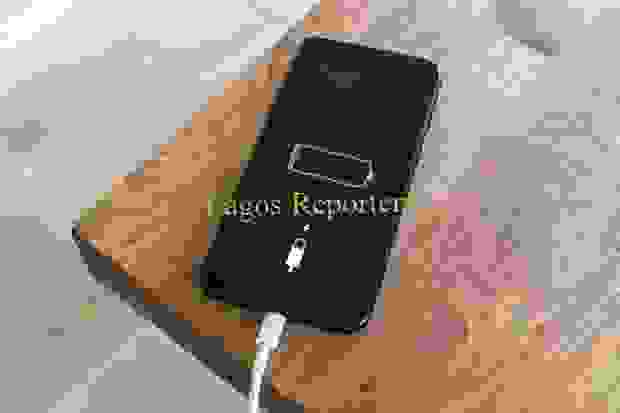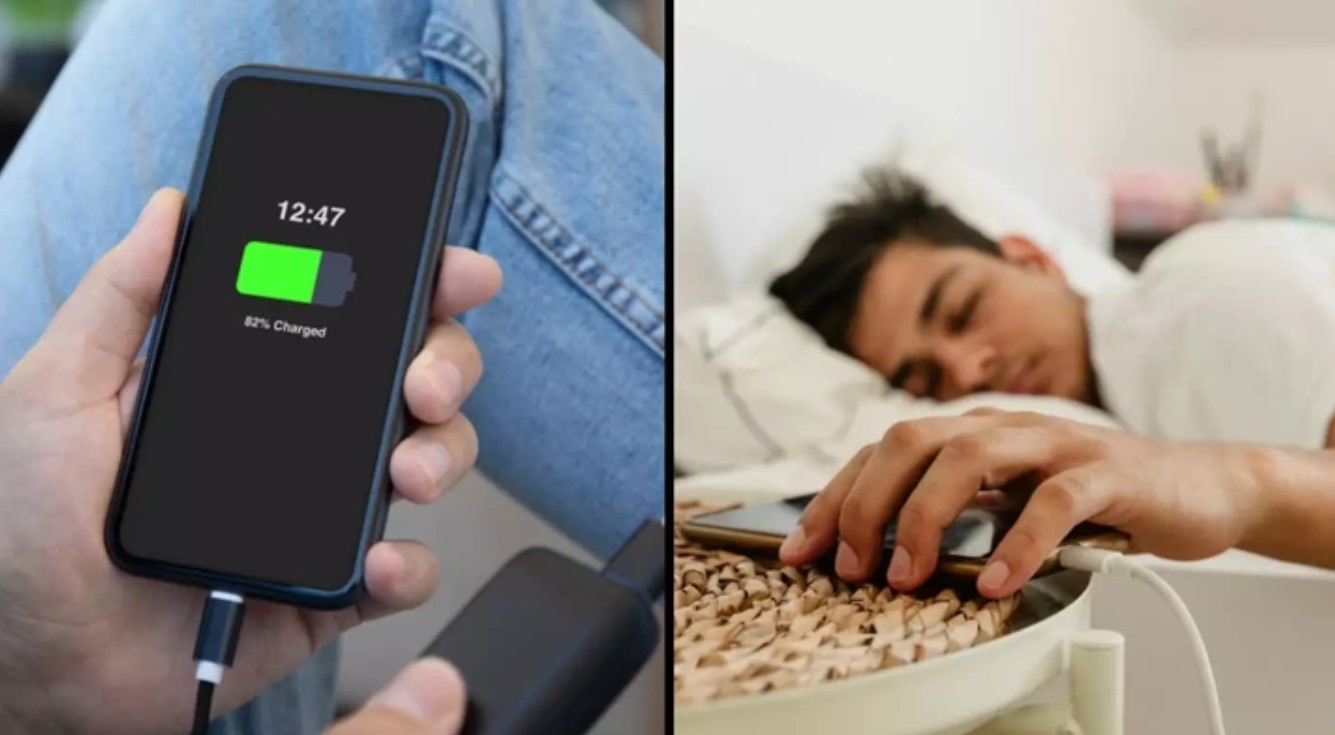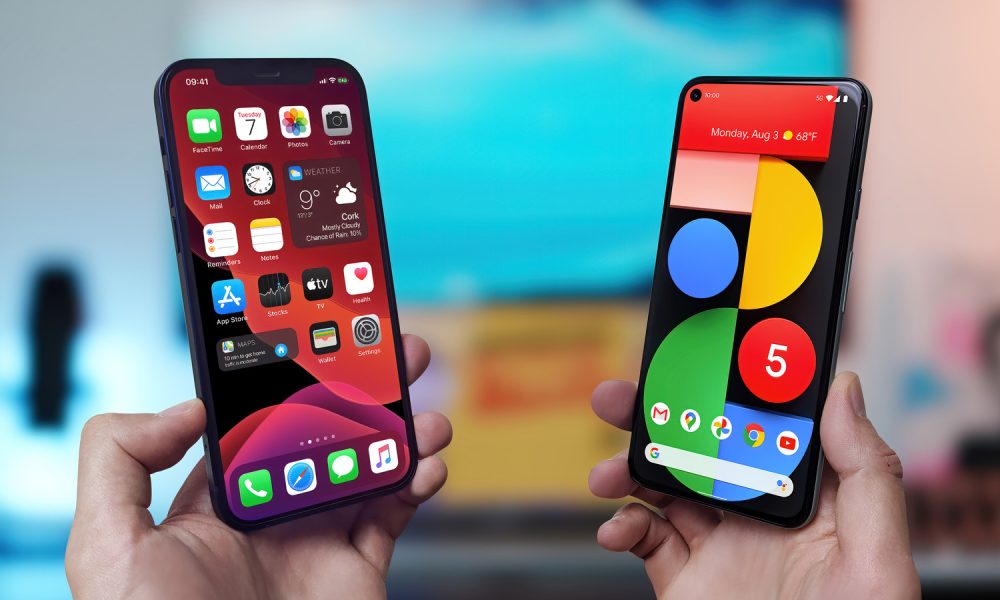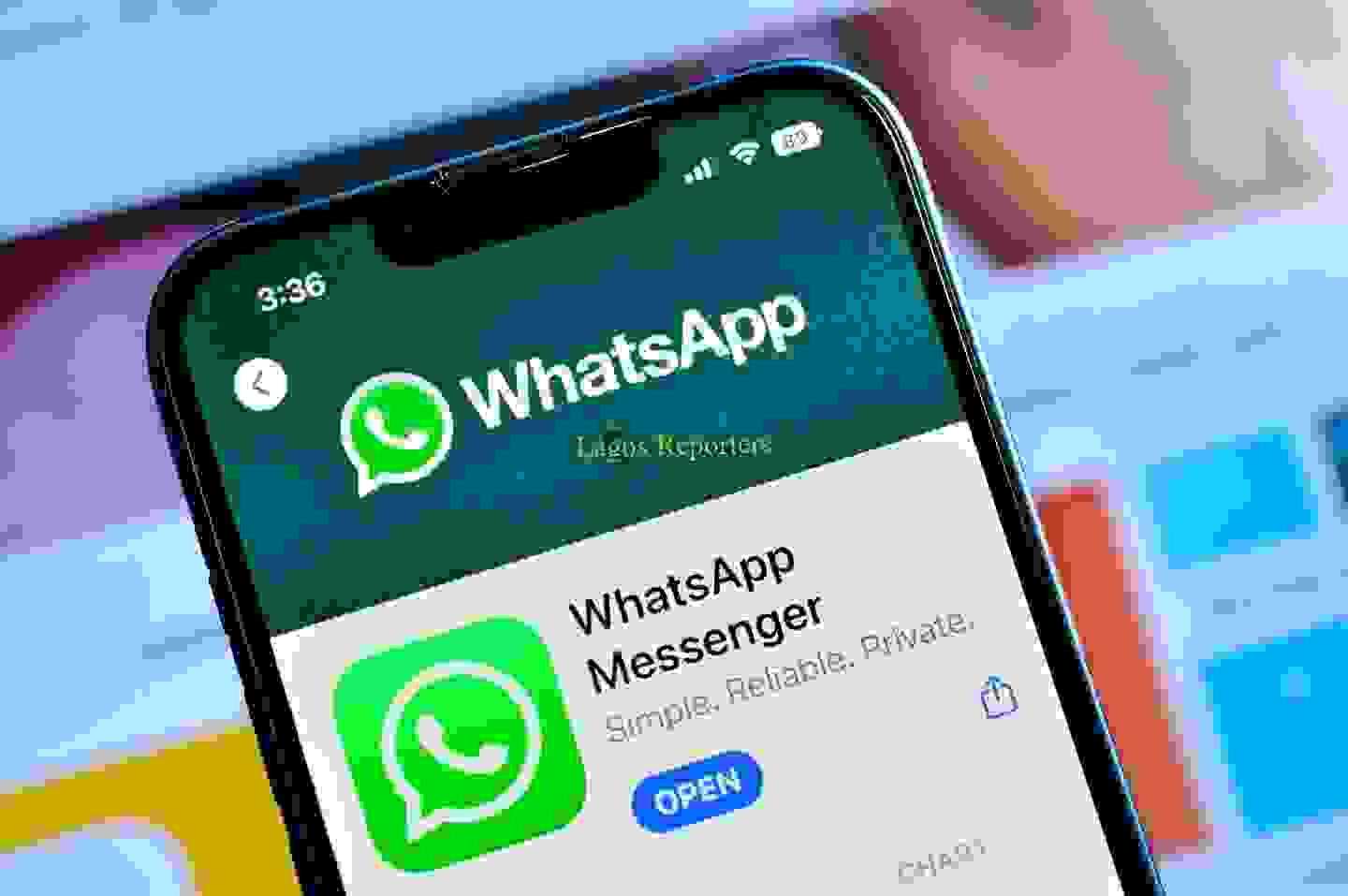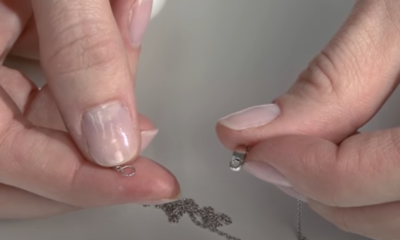Most people get to notice that their WhatsApp account has been hacked only when they get locked out of their account but this is not the only indication that your WhatsApp account has been hacked. Hacking involves accessing, controlling, compromising, and stealing information without authorisation. Therefore, your WhatsApp account could be hacked without you getting locked out of the…Click Here To Continue Reading>> …Click Here To Continue Reading>>
Hacking involves accessing, controlling, compromising, and stealing information without authorisation. Therefore, your WhatsApp account could be hacked without you getting locked out of the account.
How would you know if someone else is using your WhatsApp account right now? And how can you get your account back if it is already compromised? These are the questions addressed in this article.
7 signs your WhatsApp account has been hacked;
1. Unknown devices linked to your account
Check the “Linked Devices” section in your WhatsApp settings. If you see devices you don’t recognise, someone else might be accessing your account.
To remove unknown devices, tap the More Options icon (three dots usually at the top right corner of your chats), and select Linked Devices. The page will list all devices that are logged into your WhatsApp account. If you find any device that you do not recognise, tap it and select Log Out.
2. Profile changes
Did you suddenly notice a change in your profile picture, name or phone number? It’s an indication that someone somewhere has access to your WhatsApp account (or someone has access physically to your phone).
3. Messages not sent by you
Suppose you notice messages on your chats that you don’t remember sending or you’re receiving messages indicating that you had a prior or ongoing conversation with someone.
In that case, your account may have been hacked, or if you find yourself getting added to groups even though your WhatsApp settings do not allow people to add you to groups unless you join yourself, something is happening.
4. New contacts added to your contacts list
Sometimes, you may not see the messages because the whole conversation has been deleted. However, the contact could still be on your WhatsApp. So, you need to look out for unknown accounts you haven’t added yourself.
5. Receiving verification codes you didn’t request
When you receive verification codes you didn’t request, it usually means someone is trying to register your phone number with WhatsApp and WhatsApp is trying to verify that phone number.
A lot of people have been locked out of their WhatsApp accounts because they called out the verification code sent to their phone by WhatsApp to a hacker posing as a customer service representative or something else. READ FULL STORY HERE>>>CLICK HERE TO CONTINUE READING>>>
Always guard your verification codes jealously and don’t give them out to anyone. Also, the next time you receive a verification code you didn’t request; it may be time to check and beef up your WhatsApp security.
6. Friends or contacts reporting receiving messages from you that you didn’t send
If your friends tell you they’re getting messages from you and you didn’t send the messages to them, it’s a sign your account might be compromised.
7. Getting locked out of your account
This is the final stage where the hacker tries to take complete control of your account. If you suddenly can’t log in to your WhatsApp account, someone else might be in charge and you need to get your account back.
How to get your WhatsApp account back
Uninstall the WhatsApp application from your phone and reinstall it from the app store
When you uninstall and reinstall WhatsApp on your phone, WhatsApp will ask you to enter your phone number and they will send you a code to verify the number. If you have access to the phone number, getting back your account will be a piece of cake.
Ensure you do this as quickly as possible if you believe you have been hacked.
Also, ensure your chats and media are backed up daily or weekly. That way, if you have to reinstall WhatsApp, you won’t lose your chats and media.
Log out from all linked devices
Ensure you’re logged out of all linked devices.
Enable two-step verification
This adds an extra layer of security by requiring a six-digit PIN to log in.
Finally, avoid clicking on suspicious links, report any suspicious activity to WhatsApp, and always ensure you have the latest WhatsApp update

